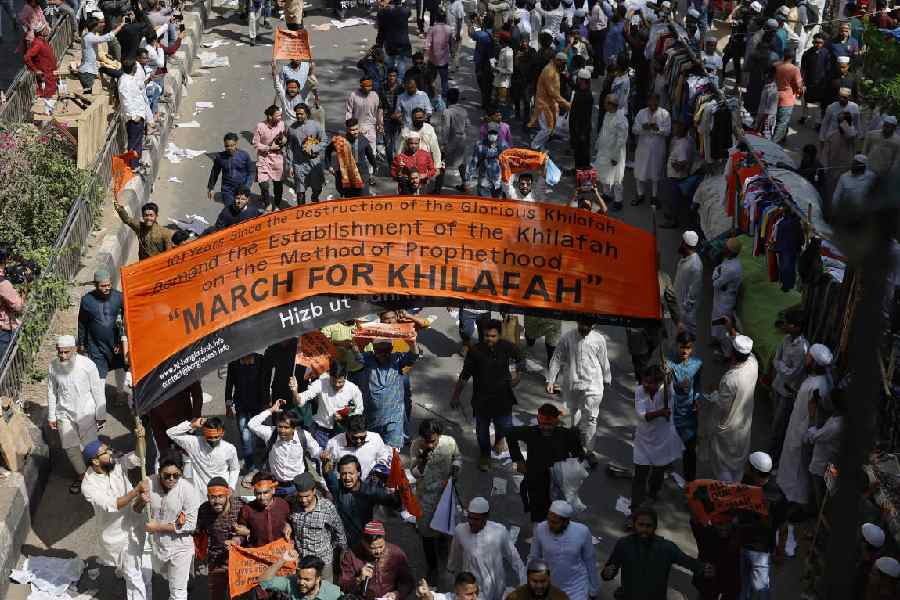India and Bangladesh, often divided by cricket games, border issues and geopolitical concerns, found themselves united in a rare moment this week as they dismissed two New York Times reports as "misleading" and "factually incorrect."
Bangladesh Monday rebuffed an NYT article that claimed the country was witnessing a resurgence of Islamist extremism, reported Prothom Alo.
The report, titled ‘As Bangladesh reinvents itself, Islamist hard-liners see an opening’, painted a picture of fundamentalist forces gaining traction following the ouster of former Prime Minister Sheikh Hasina.
Chief adviser Muhammad Yunus’s press secretary, Shafiqul Alam, dissed the portrayal as “one-sided” and accused NYT of oversimplifying the country’s political and social dynamics.
“This portrayal not only oversimplifies the political and social dynamics of the country but also risks unfairly smearing an entire nation,” Alam stated.
“It is crucial to acknowledge the progress Bangladesh has made over the last year and the complexity of the situation, rather than relying on selective, incendiary examples that paint an inaccurate picture,” he added.
The NYT reported in the vacuum that has emerged after the overthrow of “authoritarian leader (Sheikh Hasina)”, fundamentalists in one town declared young women could no longer play soccer.
The reported cited another instance where fundamentalists forced police to free a man who had harassed a woman for not covering her hair in public.
“Demonstrators at a rally in Dhaka, the capital, warned that if the government did not give the death penalty to anyone who disrespected Islam, they would carry out executions with their own hands. Days later, an outlawed group held a march demanding an Islamic caliphate,” reported New York Times.
Alam rejected these claims, saying, “While there will always be hardliners, it is our responsibility to deny them the oxygen their anger requires.”
India on March 31 took issue with another NYT report, regarding allegations that Hindustan Aeronautics Limited (HAL) had transferred sensitive technology to Russia in violation of international sanctions.
The report suggested that a British firm, HR Smith Group, supplied restricted technology to HAL, which later allegedly made its way to Russia’s arms export agency, Rosoboronexport.
Responding to the allegations, ministry of external affairs (MEA) source told ANI that the report was "factually incorrect and misleading" and accused NYT of distorting facts to fit a political narrative.
“The Indian entity (Hindustan Aeronautics Limited - HAL) mentioned in the report has scrupulously followed all its international obligations regarding strategic trade controls and end-user commitments,” the source said.
“We expect reputed media outlets to undertake basic due diligence before publishing such reports, which was obviously overlooked in this case,” he added.
HAL, a key player in India’s defense manufacturing, has been a longstanding supplier of aircraft, helicopters, engines, and avionics.
The NYT report acknowledged that there was no definitive proof that HR Smith’s products directly reached Russia.


